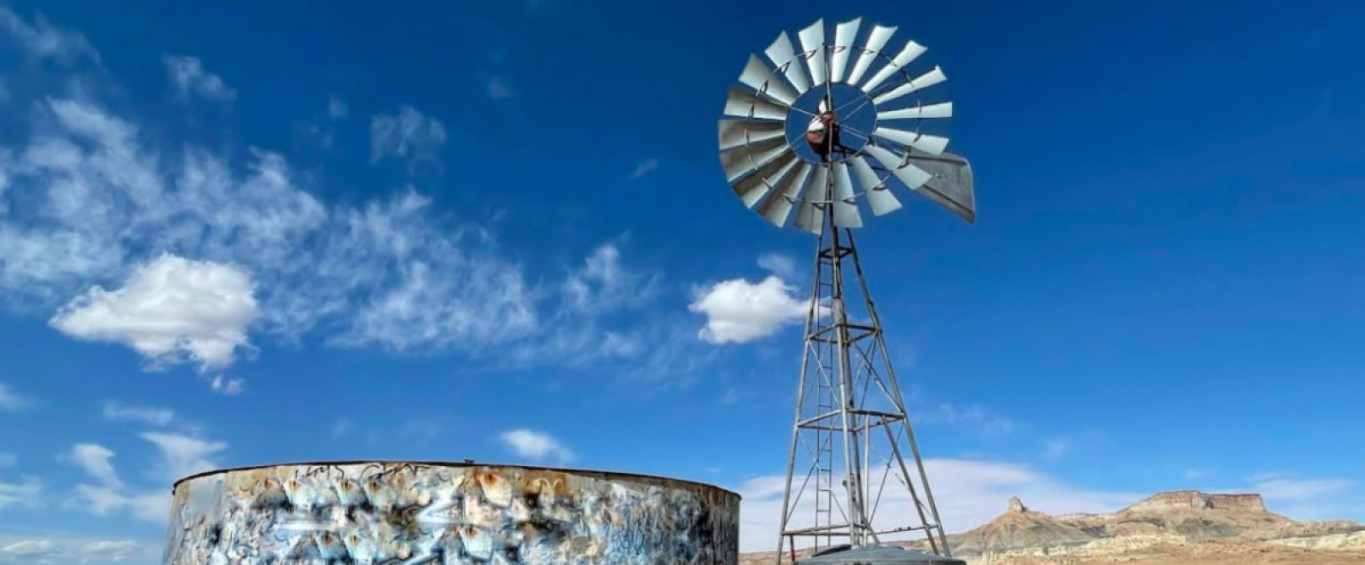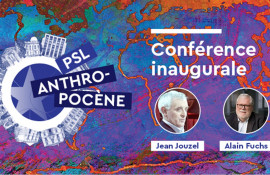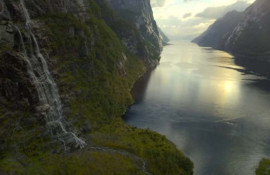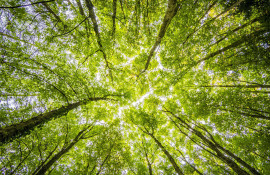
Tipping points: Desertification, Drought and Climate Justice
On the occasion of the World Day to Combat Desertification and Drought, Université PSL and the University of Arizona are organizing a tipping point: "Desertification, drought and climate justice".
On the World Day to Combat Desertification and Drought, Paris Sciences et Lettres and the University of Arizona organized a Webinar Conversation on: Tipping Points: Desertification, Drought and Climate Justice. This webinar was moderated by Professor Emilienne Baneth.
-
Desertification: specific features of the American West
Professor Régis Ferrière (ENS-PSL, University of Arizona, Director of the iGLOBES International Research Laboratory) presented a brief introduction to the global context of desertification and the focus on the American West. Hot and dry weather create vegetation collapse and desertification. The Sahara region is an example of this phenomenon, with gradual climate change and occasional perturbations causing the system to “tip” from vegetation to desert.
Drought and excessive water use have triggered tipping points in this region. In June 2021, 74% of California and 52% of the West were in “exceptional drought”, and populations are not equally affected by this drought (e.g., indigenous populations). With agriculture using 75% of water resources, mining and urbanization, is the region on the brink of tipping over?
-
Water management of the Colorado River Basin: “Inform, educate and communicate”
The case study of the Colorado River Basin was introduced by Professor Sharon Megdal (University of Arizona, Director of the Water Resources Research Center). With an estimated 40 million people relying on the Colorado River (seven states in the United States and two states in Mexico), the river is no longer in good health. The elevation of water in the two reservoirs (Lake Powell and Lake Mead) has been declining since 2000. In 2021, the lowest water levels in history have been recorded and the whole system could crash quickly if the decline follows this year’s trend.
The Central Arizona Project canal was opened in 1993 to provide water from the Colorado River to Arizona. By pumping water for 730m, it has become the largest consumer of electricity in Arizona. The Drought Contingency Plan (2018-19) was signed between multiple stakeholders to protect the Colorado River and better manage water resources.
There is no simple pathway to resolving the problem, the issues are numerous (incomplete knowledge, increasing number of people involved, large economic burden etc.), it is a long-term effort for the region, but effective cooperation has been implemented to address the water management issue.
-
Drought in the American West: a Navajo perspective
Nikky Tulley(PhD candidate at the University of Arizona and Indigenous Food, Energy and Water Security and Sovereignty trainee - Indige-FEWSS) presented the Navajo perception on drought. With 400 000 people in three different States, the Navajos are the largest tribe in the United States. In 2020, with the Covid-19 pandemic and extreme drought, the problem of safe water increased the difficulties for the Navajos. A Water Access Coordination Group was created to assess water wells and water stations at each Navajo chapter community.
In collaboration with NASA, the Navajo National Division Water Resources and the Desert Research Institute created the Drought Severity Evaluation Tool. Using satellite data, Navajo rain gauge data and modeled data and drought indices, this free web application allows a more comprehensive approach to data for the users.
These presentations were followed by an introduction to the student initiative PSL Anthropocene by Germain L’hostis, student at ESPCI – PSL. This initiative aims at using PSL's synergies to better integrate ecological issues in university curricula.
More:
Rising to the call: Indigenous Food, Energy & Water Security and Sovereignty by Nikki Tulley for the 2021 STEM for All Video Showcase: Facilitator’s Choice and Public Choice
Water Resources Research Center (WRRC), University of Arizona iGlobe
iGlobes, CNRS – ENS/Université PSL – University of Arizona
WWRC 2021 Annual Conference Aug. 30th and Sept. 1st, 2021 – Tribal Water Resilience in a Changing Environment: register here
Water Resources IMPACT Magazine
Image: Nikki Tulley


